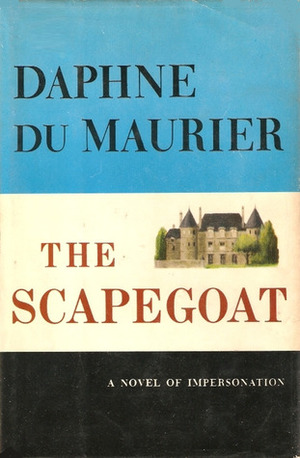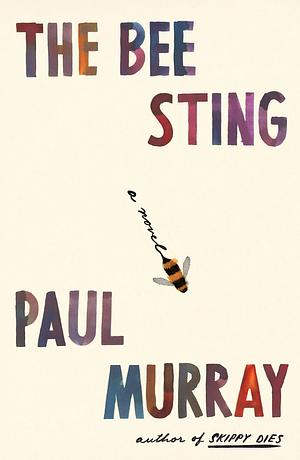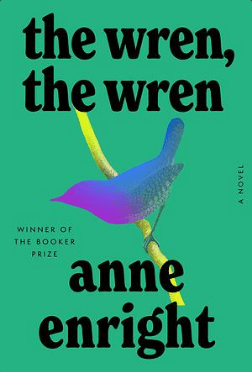Molly and Jay Blake have led a straitened but normal childhood until Jay is hospitalized and needs care that Lorna Blake cannot afford. So, she has Molly dress in her shabby gym dress and takes her to beg at a rich person’s house. Molly is mortified. Lorna has an unusual relationship with her servant, Susan, and we understand from a conversation that this is not the first time Lorna has done this.
Jay recovers and life returns to normal. However, periodically Lorna gets restless and begins approaching rich people, telling them outrageous stories and usually coming away with money. She is a professional con woman who uses the excuse of needing money for her daughters, when she is clearly excited by this life. In fact, in some way she makes herself believe her lies. For example, years after she lies about Jay wanting to play the violin, she says that Jay used to beg her for luxuries, including the violin. In fact, both girls are horrified by their mother’s behavior and seldom ask for anything.
Lorna has done things in the past that have made her enemies. Captain Alexander Muir-Leslie’s engagement to Sylvia, whom he adores, is broken when he tries to convince her that Lorna cheated her. So, he begins trying to track Lorna down. He travels to America because Lorna has told people that her husband, Neil Inglefield, deserted her and her daughters. But Neil Inglefield is her stepbrother, not her husband. In company with his friend, Shirley Dennison, whose romance with Neil’s brother Lorna broke up years ago, Neil sets out to find Lorna. Instead, he finds Molly.
The first part of the novel, dealing with the girl’s earlier lives, seemed to me to become a bit repetitive after a while, as Lorna pulls her cons and then turns her stories back on her children to justify herself. Later, with the introduction of Muir-Leslie, the novel begins to be more about the effects on other people’s lives of her lies. This change immediately made the novel more interesting, culminating in a grotesque betrayal of one of her daughters.
I’ve always been interested in novels about sociopaths, and Lorna is an early portrayal. Also, the words “child abuse” are never spoken, and perhaps in 1939 Lorna’s behavior wouldn’t be understood that way, but it is now. This novel is a compelling character study. There are characters to like in this novel, but Lorna isn’t one of them.











